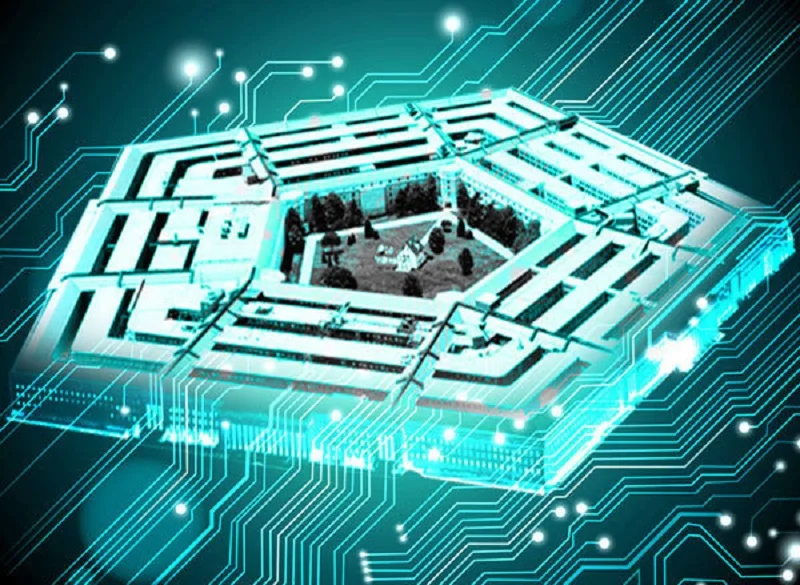Persistent engagement is a strategic paradigm for cyberspace born out of failure. Deterrence theory proved neither flexible enough nor well adapted to the domain. A new domain called for a new strategy. Rather than prevent cyber-attacks by convincing the attacker the cost is not worth the risk, persistent engagement seeks to prevent cyber-attacks by disabling the attacker’s capacity preemptively. There are fears around the precedents that persistent engagement sets and how those norms may one day be quite damaging. However, these concerns miss the broader nature of the environment and the already emerging norms that called for a response. To be fair, open questions remain. How the role of national sovereignty in cyberspace continues to develop could drastically alter the evolution of persistent engagement. Nonetheless, persistent engagement is a much sounder starting point for American cyber strategy than deterrence.
Hype or Hoax: Are Russian Cyber Capabilities Robust Enough to Cripple Ukraine?
First, by analyzing Russia’s past success in cyber and electronic warfare, this essay examines how Putin developed his assumption that Russian cyber operations would overwhelm Ukrainian cyber security measures. Second, it explores how these assumptions contributed to complacency and failure in the war in Ukraine. Finally, the essay discusses how Russia’s failures in Ukraine will shape the future of cyber and electronic warfare.
#Reviewing Bitskrieg
In Bitskrieg, John Arquilla distills much from his three decades of advocacy about networked warfare into a compact volume accessible to a wide audience. He displays a continuing ability to produce provocative arguments and engaging books. The tenets of Bitskrieg are consistent with many of Arquilla’s previous writings. These include the point that networked warfare or netwar encompasses cyber conflict but extends beyond it.
#Reviewing 21st Century Power: Strategic Superiority for the Modern Era
The adversaries of today are still human, and the threats of today may not be so conceptually different from those of the Cold War. By looking back at how a previous generation of strategists considered and communicated their strategic challenges in context, we may be able to gain insights into how to address these modern threats. 21st Century Power: Strategic Superiority for the Modern Era is a useful resource toward that end.
Cybersecurity as Attack-Defense: What the French Election Taught Us About Fighting Back
A successful cyber doctrine must epitomize Clausewitz’s argument in favor of an active or attack-based defense, found in a relatively unknown but rich section of On War entitled “Methods of Resistance.” The chapter opens with a compelling reminder that the advantage of the defense is its defining purpose is to ward off an attack, and this warding off has as its principal strength the idea of awaiting.
How the Pentagon Should Deter Cyber Attacks
The most important lesson from Russia’s involvement in the 2016 presidential election may be this: foreign hackers and propagandists are not afraid to launch attacks against the United States in and through cyberspace that they would not dare risk in a real theater of war. So as cyber aggression gets worse and more brazen every year, it’s crucial that the Department of Defense figures out how to deter foreign actors in cyberspace as effectively as in nuclear and conventional warfare. The Pentagon can take five steps to better deter foreign cyber attacks.
Chinese State Sponsored Hacking: It’s Time To Reach an Effective and Lasting Bilateral Agreement on Cyberwarfare
It remains to be seen whether or not the current administration’s approach to China will bring further progress in terms of limiting cyber attacks. Ultimately, extending the terms of the 2015 agreement to explicitly ban attacks, to encourage co-operation in hardening financial institutions against them, and perhaps even mandate bi-lateral responses should they occur, would be in the mutual interest of both the U.S. and China.
Deviation From The Norm: Cyberattacks on the Rise
In a year when the breadth, extent, and impact of cyber attacks continues to expand as geopolitical tensions escalate, the creation of norms remains essential to shape behavior in cyberspace and identify which targets are off limits. However, as these latest attacks may demonstrate, absent any coherent cybersecurity strategy and response framework, adversaries will disregard norms as long as they can attack with impunity.
#Reviewing Cyberspace in Peace and War
While there have been many valuable contributions to our understanding of the digital realm from the social sciences, it has been a struggle on all fronts to transform those theoretical and empirical observations into cohesive, strategic and policy recommendations. Cyberspace in Peace and War is a huge stride in the right direction. Anyone interested in cyber security should have a copy of in their library, and going forward it should be regularly cited and referred to.
Negotiating an Advance: How Negotiation Can Shift the Digital Battlespace in Favor of the U.S.
it is important to reintroduce many of the well understood concepts of strategy to the cyber-Security debate precisely because it adds clarity to an otherwise murky topic. While it is good to come to the right answer, it is also important that we understand the strategic relationships of different behaviors so that we can consistently prescribe proper policy. Understanding why negotiations are a good idea today will better help us determine if they are a good idea tomorrow, and hopefully forestall deleterious decisions based upon improper analogs.











